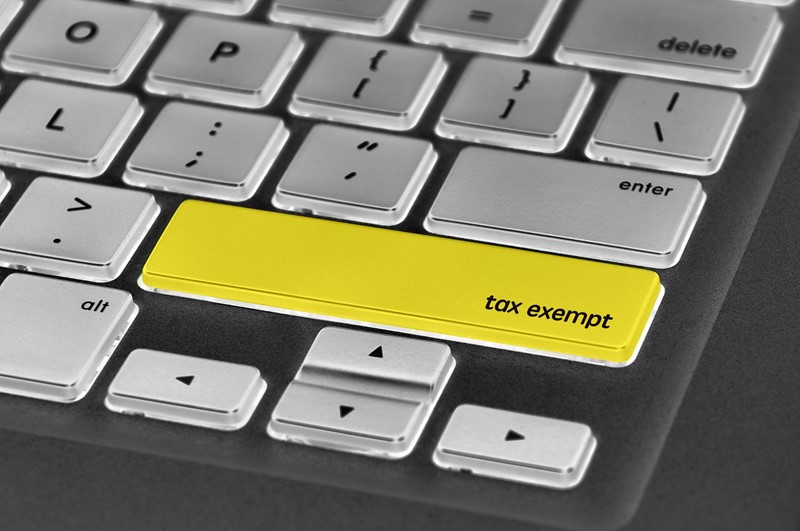There are special rules for the provision of living accommodation for employees. In most cases, employees will pay tax on any living accommodation provided by an employer unless they qualify for an exception.
However, where an employee qualifies for an exemption, there is no tax to pay on the provision of living accommodation. The definition of living accommodation includes houses, flats, houseboats, holiday homes and apartments. It does not include hotel rooms or board and lodgings.
An exception for living accommodation will usually apply in the following cases:
- If it is domestic or personal
- Accommodation is exempt if both:
- you are an employer who is an individual, for example a sole trader; and
- you are providing it for someone because they are a close relative – even if they happen to work in your business.
- Accommodation is exempt if both:
- If it is provided by a local council
- Accommodation is exempt if a local council provides it on the same terms that it provides housing to non-employees.
- If it is necessary or usually provided for the job
- If it is needed for security
Other charges and costs
If the accommodation you provide is exempt, you do not have to report Council Tax, water and sewerage charges to HMRC, or pay National Insurance and tax.












